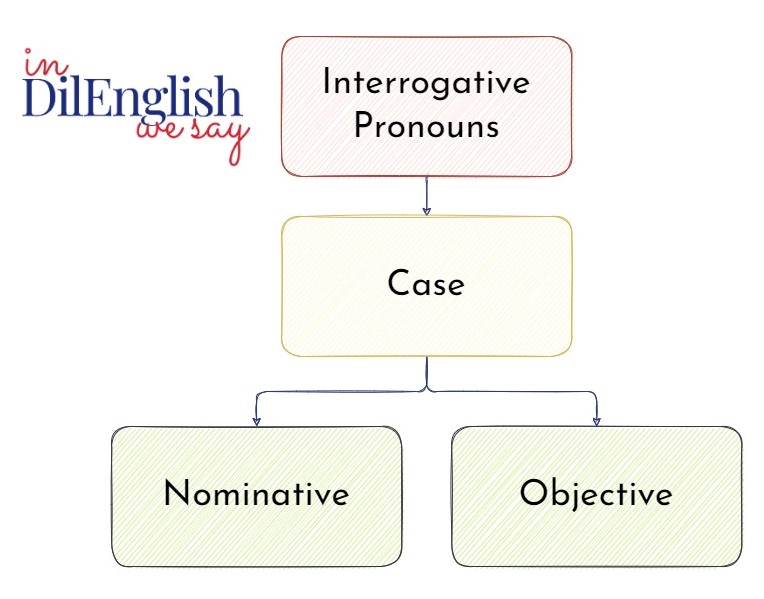Interrogative pronouns are used in inquiry, to form special questions. They are: who, whose, what, which.

The interrogative pronoun who has the category of the case: the nominative case is who, the objective case whom.
Use
Who refers to human beings:
Slipping her hand under his arm, she said: “Who was that?” “He picked up my handkerchief. We talked about pictures.” (Galsworthy)
What, when not attributive usually refers to things but it may be applied to persons when one inquires about their occupation.
“What are you looking for, Tess?” the doctor called. “Hairpins,” she replied.(London)
“What was he?” “A painter.” (Galsworthy)
Which has a selective meaning. It may refer to persons and things.
The boys clasped each other suddenly in an agony of fright. “Which of us does he mean?” gasped Huckleberry. (Twain)
Which side of the bed do you like, Mum? (Galsworthy)
The questions Who is he? What is he? Which is he? differ in their meaning.
| What is he? | Inquires about the occupation of the person spoken about |
| Who is he? | Inquires about the name or parentage of some person |
| Which is he? | Inquires about some particular person out of a definite group of persons |
Function
In the sentence, interrogative pronouns may have different functions — those of subject, predicative, object, and attribute:
Who, do you think, has been to see you, Dad? She couldn’t wait! Guess.(Galsworthy) (SUBJECT)
“What’s been happening, then?” he said sharply. (Eliot) (SUBJECT)
“No, who’s he?” “Oh, he’s a Polish Jew.” (Aldington) (PREDICATIVE)
“What are you, Mr. Mont, if I may ask?” “I, sir? I was going to be a painter.”(Galsworthy) (PREDICATIVE)
“What was her father?” “Heron was his name, a Professor, so they tell me.”(Galsworthy) (PREDICATIVE)
“He says he’s married,” said Winifred. “Whom to, for goodness’ sake?”(Galsworthy) (OBJECT)
“Who do you mean?” I said. (Dn Maurier) (OBJECT)[1]
[1] There is a tendency in Modern English to use who, instead of whom, as an object
